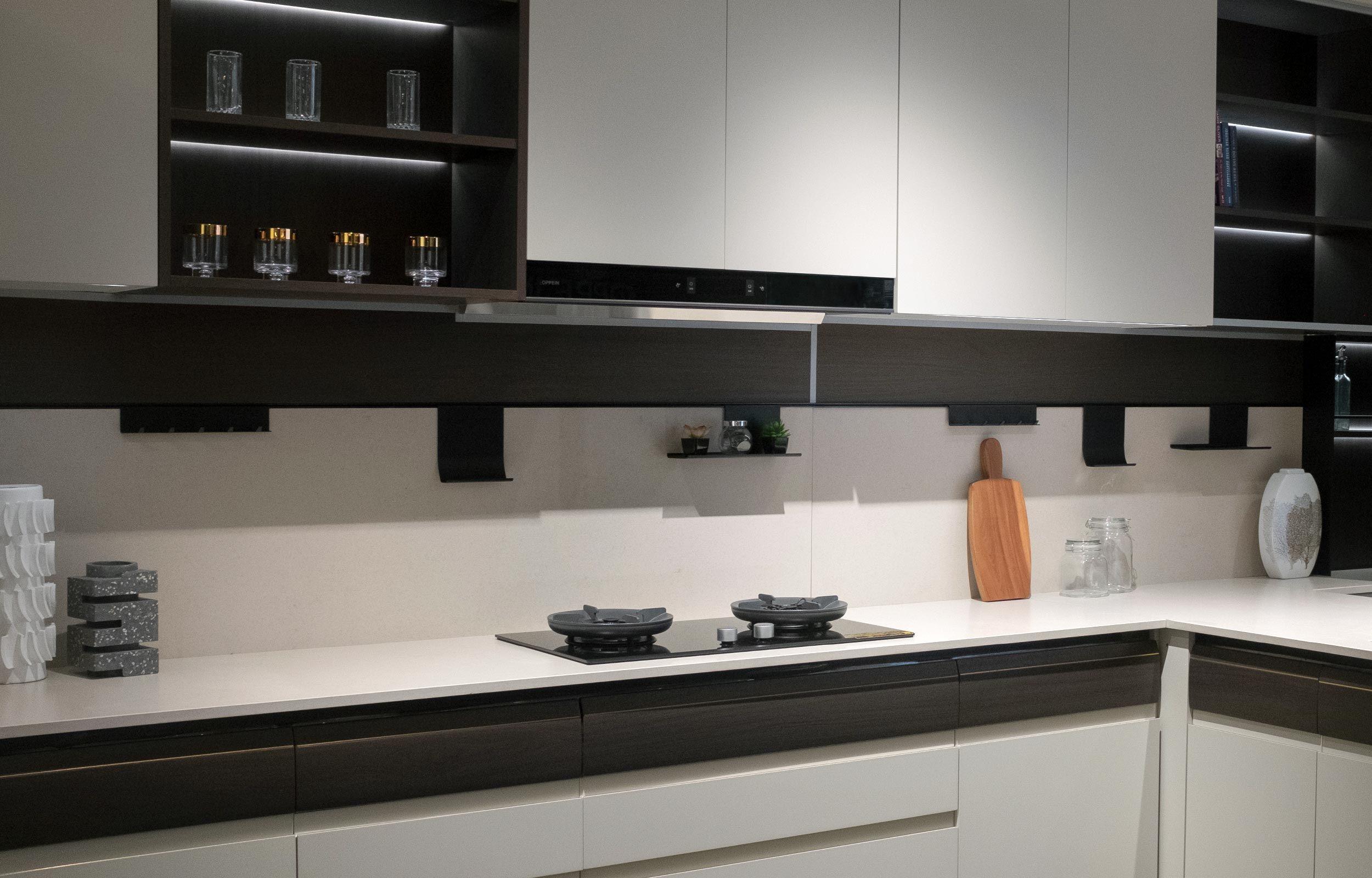“Modular” isn’t a word you throw around in a party. But it’s actually a simple concept that makes life easier for people who make things.
In one oversimplified phrase, modular just means “built with parts you can mix and match.”
Think about McDonald’s. In the Philippines, they sell burgers, fries, rice, fried chicken, spaghetti, gravy, and softdrinks. You can think of each product as one part. Now when they construct their meals, they don’t make new products from scratch. They use the “parts” and combine them with each other. So now you have a lot of meal options, like a chicken and spaghetti meal, or a nuggets with fries meal. And they can do this without having to add new products.
Modules, or parts, make life easier because you can pre-build parts, combine them using different configurations, and form new and unique designs. You don’t need to build each part from scratch.
Modular building applies in all sorts of industries:
- If you’re making bags, you don’t make every screw, hinge, or zipper from scratch. You just buy these parts and mix and match them to form new bag designs.
- If you’re building courses in college, you don’t need to make new courses from scratch. An engineering course and a management course share multiple parts: an English 101 class, a basic Math class, and a Physical Fitness class.
- If you’re selling chicken wings, you work with one fried chicken base and just make different sauces.
So a “module” is simply a component, and “modular” just means building with those parts.
Contractor vs Modular Kitchens
In traditional, non-modular kitchen building, here’s what a contractor does:
- They buy panel boards, usually plywood or fiber boards, to build cabinets and shelves.
- Those boards will be measured and cut on-site.
- Once done, carpenters will nail or glue them together. This creates uneven measurements and poorly joined edges due to human inconsistency.
- Once assembled, painters will finish them on site. This also creates uneven painting and missed areas.
- Once done, they will drill holes to attach parts like the doors and handles. They usually make mistakes here as well, creating unnecessary holes.
- The entire process is slow and prone to mistakes.
In contrast, here’s how modular kitchens are built:
- Every part of the kitchen is built in a factory.
- These parts are all machine-made making sure finishes and measurements are precise.
- All the parts are delivered to your home. They arrive in boxes.
- The kitchen supplier will assemble the parts like Legos leading to a perfect fit.
- Because they’re built with parts, you can choose different parts to mix and match. This gives you thousands of options for handles, hinges, drawer boxes, and cabinet doors to choose from.
In 95% of cases, modular kitchens will look better, last longer, and have less mistakes than contractor kitchens. We cannot recommend them enough if you just want a kitchen that works.
Are Modular Kitchens Durable?
Contractors always argue that modular kitchens aren’t durable because they’re bound together by screws. To a certain degree, especially for cheaper modular kitchens, it could be true that they’re less sturdy compared to traditionally built furniture. However, most kitchens will not be exposed to extreme wear and tear—they’re just indoor cabinets—so you don’t really need all the excess sturdiness.
When Should You Not Go Modular?
The biggest limitation of modular kitchens is that you can’t customize finishes. For example, if you want a kitchen built entirely with a specific solid wood finish. Maybe you want your name engraved on the cabinets, too. You will need to find a skilled supplier who can make those for you—because only you will have that.
When you want extreme customization and have very specific needs, you’re better off finding specialized artisans. But these will always end up to be the most expensive option.
What Parts Can You Choose From?
The biggest benefit of modular kitchens is the sheer amount of combinations you can have for your kitchen. Despite working with ready-made parts, you can build a unique kitchen to call your own.
Here are the parts you can specify:
- Cabinet finishes
- Cabinet handles
- Door hinges
- Drawer boxes
- Backsplash material
- Countertop material
- Amount of shelving
- Cabinet widths and heights
Since you’ll have hundreds of configurations available to you, you’re better off talking to your supplier on what’s available. Take note that each supplier will carry varying brands, so you’ll need to shop around.
We recommend working with Oppein Manila—they offer the widest, highest quality options at competitive prices.
Wrapping Up
We really can’t recommend modular kitchens enough. Most of the time, they’ll cost more than contractor built kitchens, but if you care about your kitchens, they’ll pay off real quick.
Just to recap the benefits:
- Modular kitchens are faster to build and end up being on time
- They’re less prone to mistakes and have more precise finishes and measurements
- They end up cheaper if you factor in the stress of correcting all the errors
- You get to choose from hundreds of different finishes and materials
Thank you to Oppein Manila for making this helpful article happen. Check them out on Facebook and Instagram.
If you’d like to go deeper, read our guide on How to Build your Kitchen in the Philippines.
And if you're looking for suppliers, check out our Top 10 Modular Kitchen Suppliers in the Philippines.
